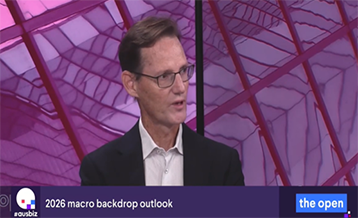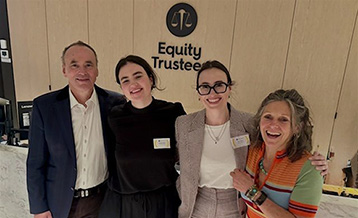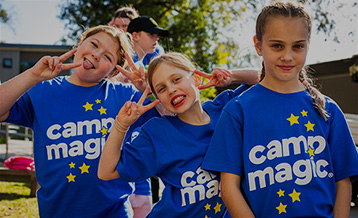News and Insights
Report
Global equity markets closed the year strongly amid monetary easing, fiscal support, AI-driven growth, weaker USD, and resilient earnings. Notably, the strength was broad-based spanning U.S., Europe, UK, and emerging markets with cyclical, tech, and commodity-linked sectors benefiting most.










